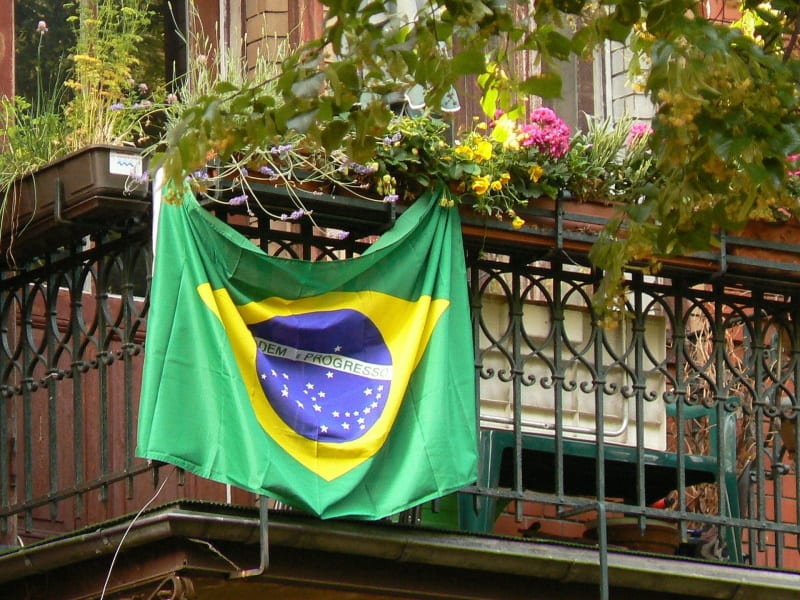Lotex in turmoil as SG-IGT consortium withdraws from process

International Game Technology (IGT) and Scientific Games were awarded the contract after the government’s protracted efforts to privatise Lotex, in October last year, agreeing to pay up to BRL817.9m (£113.1m/€124.3m/$146.2m) for the contract.
The partners were required to satisfy certain conditions before they could take control of the business, by 21 September this year. Crucial to this was agreeing a distribution agreement with Caixa Econômica Federal, the Brazilian state-owned bank and lottery operator that controls retail distribution across the country.
IGT and Scientific Games said that they were able to negotiate a contract “following more than seven months of diligent discussions”.
However, more than two months on from the agreement being reached, Caixa failed to authorise its execution by the 21 September deadline, with the government then refusing to grant an extension.
“The 13,000 lottery retailers within the CAIXA network are fundamental to a successful launch of the instant ticket business in Brazil and without such [a] distribution network, the companies were not prepared to move forward,” IGT’s executive vice president of new business and strategic initiatives Walter Bugno and Scientific Games’ president of global strategic account Michael Conforti said in a joint statement.
The situation was further complicated by a 30 September ruling by the country’s Supreme Court, which ruled that while the federal government can pass laws regulating lotteries, Brazil’s individual states were within their rights to separately launch competing operations.
This ruling was issued in response to a challenge from the state of Rio de Janeiro, which challenged a government order to shut down its lottery.
The Supreme Court concluded that lotteries were a form of public service, and federal legislation could not impose any further restrictions on the provision of such services other than those set out in Brazil’s constitution.
This decision clears the way for the country’s 26 states to launch competing products to those operated by Caixa and those covered by the Lotex concession. It may also have knock-on effects for the planned regulation of sports betting, which, like Lotex, will see concessions awarded to operators through a tender process.
“As a result, and despite being fully prepared to fulfill all of the financial and non-financial conditions precedent of the concession agreement, prudent capital management dictates that we withdraw from the process and re-evaluate the business case of implementing a lottery operations model in Brazil,” Bugno and Conforti said.
Scientific Games and IGT would consider re-entering the process should the government extend the deadline by which Caixa must authorise and execute a contract, noting that Lotex has the potential to make significant contributions to state coffers, they added.
